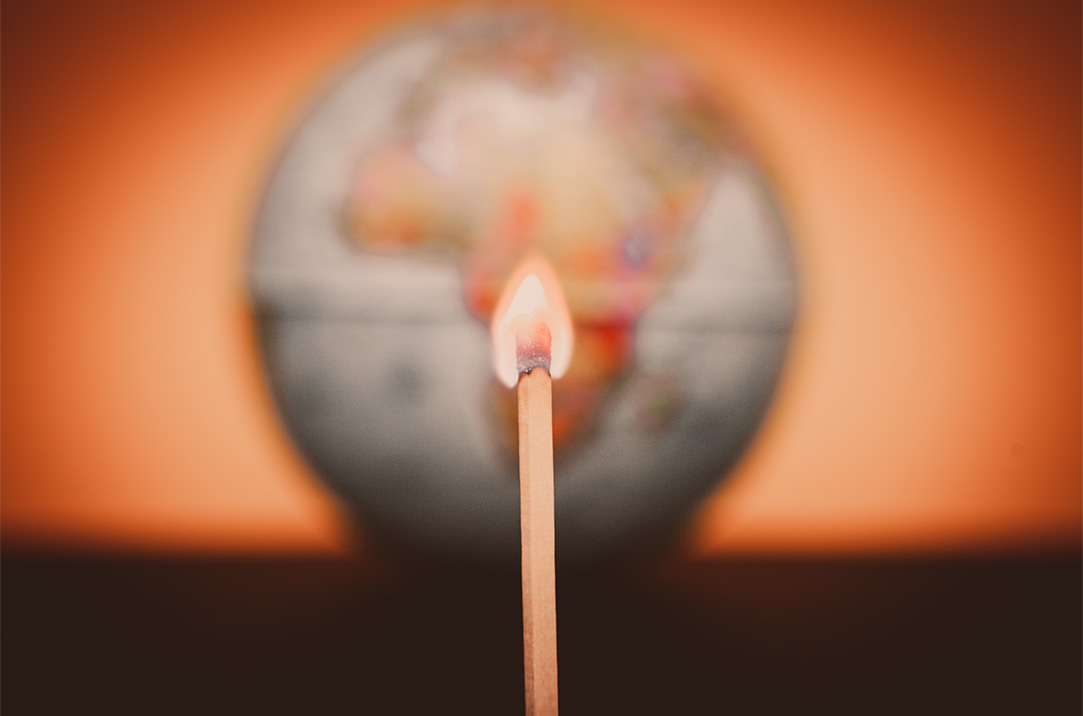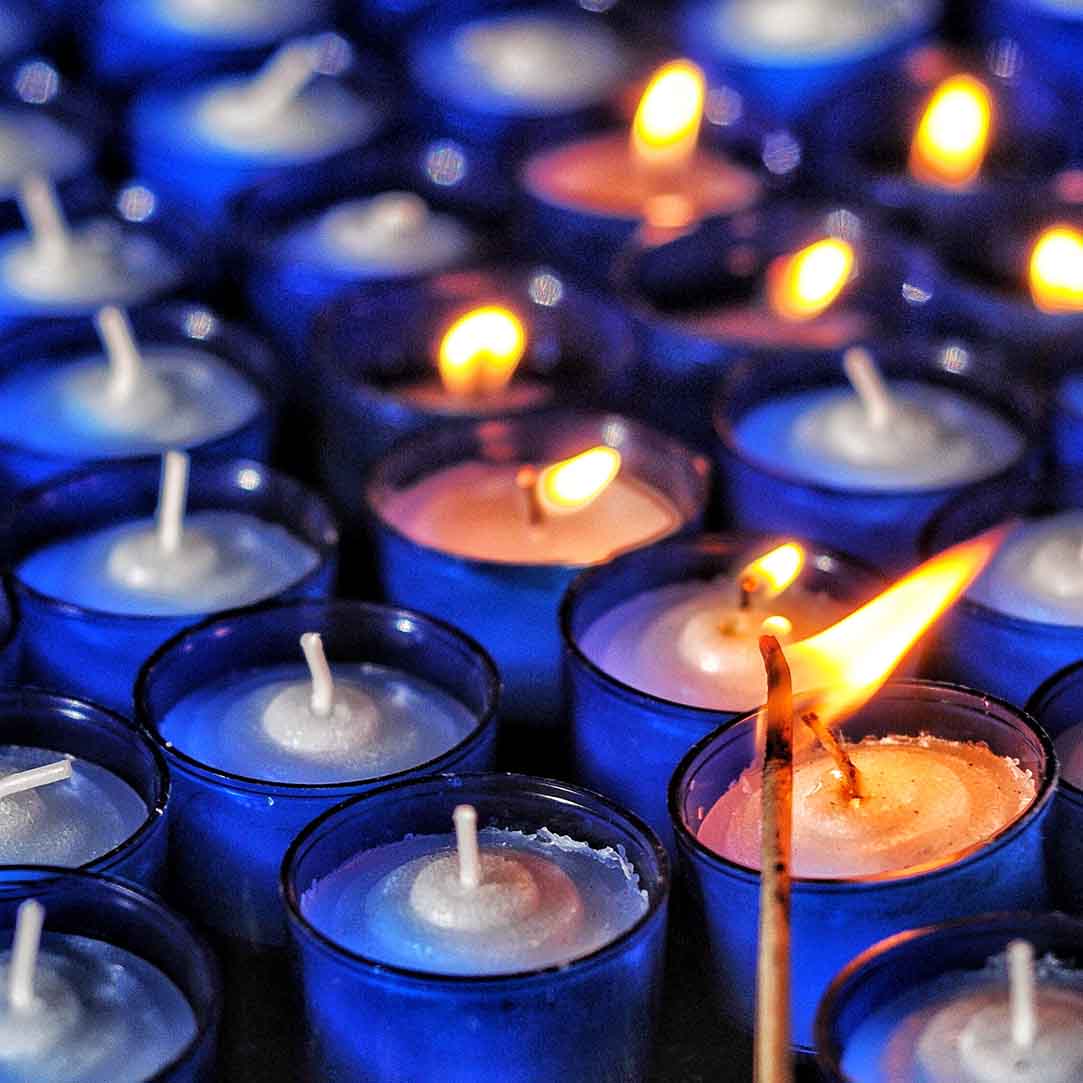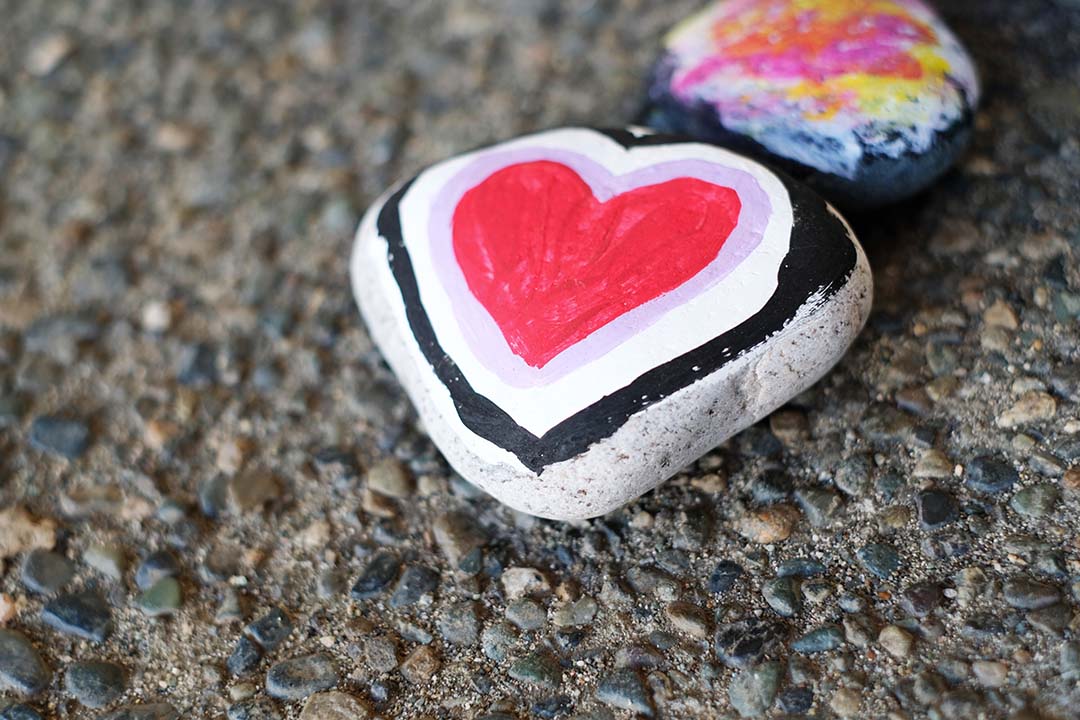No Results Found
The page you requested could not be found. Try refining your search, or use the navigation above to locate the post.


Peter. Fisherman. Impetuous, always speaking his mind and acting on impulse. Rock on whom the church was founded.
James son of Zebedee. Another fisherman
John. Brother of James. Both known as the ‘Sons of Thunder’
Andrew. Peter’s brother. The first to be called by Jesus.
Philip. Probably Greek-speaking. Brings Nathaniel to Jesus.
Bartholomew??
Matthew. Tax collector – member of One of the most reviled professions in first-century Judaism. Matthew collected taxes for Rome from his fellow Jews in Capernaum.
Thomas – ‘Doubting’ Thomas? Or ‘Practical’ Thomas?
James son of Alphaeus??
Thaddeus also known as Jude the apostle.
Simon the Zealot. may have belonged to a Jewish sect known as the Zealots, who were bent on revolution and looking for a Messiah to violently overthrow Rome. Or he may have simply been zealous for the Mosaic Law. Or zealous for Jesus and his teachings.
Judas Iscariot. The betrayer. Many different opinions on his motives. In art, usually depicted wearing yellow clothing and with red hair
What a bunch. Fishermen. A tax collector. A terrorist. A sceptic. Couple of hotheads. Not sure they’re the ones I’d pick, if I were Jesus. Not even sure they’re entirely trustworthy. Surely it would be more effective to go for celebrities – people who are well known and who could act as ‘influencers’?
Well, actually, no. The Gospel isn’t a fashion accessory. It’s real, and it needs real people to proclaim it. Jesus doesn’t choose people for their looks – He is interested in picking the right ones to do the job and to initiate the word being spread abroad. He chose ‘ordinary’ (actually, no-one is ‘ordinary’ as far as Jesus is concerned) people who would be believed by their friends and neighbours – in turn they would spread the word to their own contacts, and so on in turn. To use a current term – going ‘viral’.
Someone once asked who would be the best person to talk about Jesus to a lorry driver. To which the answer is ‘another lorry driver’.
Who would be the best person to talk to your friends and family about Jesus?
You.
Previous Posts
The page you requested could not be found. Try refining your search, or use the navigation above to locate the post.


What is Faith? The assurance of things hoped for, the conviction of things not seen. (Hebrews 11:1)
Faith. The difference that allows us to persevere when we appear to be in a situation of little hope, when doubt ties us down and restricts us from doing what we know we must, when we are attacked by secular rationality that questions our belief.
Faith. When all we have is the promise of Salvation to which we cling, like a lifebelt in stormy seas. When we cannot imagine how God’s promise can be achieved in us. When it appears our suffering can never end.
Faith. When we feel that we can never be forgiven for our past, when we appeal for mercy, when we are told that we are forgiven, whoever we are, whatever we have done.
Faith. That Jesus heals in body, mind and spirit.
Faith. To know that however cold the winter, however dark the night, a new Spring morning will flood creation with light and warmth.
Faith. To strive for righteousness, knowing that without God’s Holy Spirit as our guide alongside us, we will fail. And when we do fail, we get up and start again.
Faith. When we unreservedly place our trust in a risen Christ.
Faith. To proclaim the name of Jesus without fear.
Previous Posts
The page you requested could not be found. Try refining your search, or use the navigation above to locate the post.


What would it take to set the World on fire?
One match.
What did it take to bring forgiveness, joy and peace?
One breath.
Who does God send to tell the World?
You.

Be who you were created to be
And you’ll set the world on fire
– St Catherine of Siena
The page you requested could not be found. Try refining your search, or use the navigation above to locate the post.


O God the King of Glory, you have exalted your only Son Jesus Christ with great triumph to your kingdom in heaven: Mercifully give us faith to know that, as he promised, he abides with us on earth to the end of time; who is alive and reigns with you and the Holy Spirit, one God, now and for ever.
The Spirit clearly says that in later times some will abandon the faith and follow deceiving spirits and things taught by demons. Such teachings come through hypocritical liars, whose consciences have been seared as with a hot iron.
1 Timothy 4:1-2
In the past few weeks, some people have been distributing a ‘Newspaper’ called ‘The Irish Light’. It looks plausible—the format and typeface is very similar to the Irish Independent, probably with a view to establishing credibility, which in itself is suspicious.
In fact, it contains some of the most vile and disgusting articles I have read in a long time. Claiming to be Christian, it is profoundly racist, anti-refugee, anti-Jewish and anti-Muslim. In addition it spouts the most outrageous conspiracy theories.
In a free country, it has every right to print what it likes. But when it actually praises arson by the Hitler Youth, I believe that constitutes incitement to do the same, and as such it should be classed as a hate crime and therefore illegal.
I can think of no other description of this trash other than just plain evil, propagated by demons. If offered a copy, you must decide for yourself to accept it — I can’t tell you what to do or not to do.
But ‘Be alert and of sober mind. Your enemy the devil prowls around like a roaring lion looking for someone to devour.’ 1 Peter 5:8
Jesus knew that His disciples – then and now – would face attack. There has been persecution, prejudice and propaganda throughout the ages, driven by greed, hatred and jealousy for no real reason other than to establish superiority over others, if necessary by force. The concepts of unity, servanthood and love for neighbour are incompatible with such attitudes, which is why at the end of the Last Supper, He prays for protection for all those who will follow Him and seek to live as His ongoing body on earth, needed now more than ever when the powers of darkness deploy modern technologies to divide and deceive.
People ask how to discern truth from the well-crafted lies of the enemy. Protected by His promise, the answer is simple. In prayer, just ask whether you can see Jesus in their words and deeds. As Steve Earle sang – I don’t remember learning how to hate in Sunday School.
Previous Posts
The page you requested could not be found. Try refining your search, or use the navigation above to locate the post.


“Parting is such sweet sorrow”. That’s all very well for Juliet – she’s looking forward to marrying Romeo the next day, and the delight of expectation is building with each hour’s delay. Little does she know what’s going to happen.
Neither did the disciples, and according to John’s Gospel account of the Last Supper, unlike Juliet, their troubled hearts suggest they’re not looking forward to it much.
Jesus tries to reassure them, but only after His passion and Resurrection will they remember what He said and understand that the road to Freedom will necessitate travel through the darkest of dark moments. However they will not be alone, and His parting from them will only be for a short time – and then they will be with Him for eternity.
Peter’s letter shows that he did finally understand. Initially, he was reluctant to allow Jesus the Servant King to wash his feet. In the garden late that night He fought those who came to arrest Jesus. In fear, he denied that he was one of Jesus’ followers. After the crucifixion, he hid to escape being arrested.
And then, his life changed. No longer frightened no matter what happened. The empty tomb. The upper room. The miraculous catch of fish at the sea of Tiberius. Forgiveness and commissioning. Establishing the Church. Proclaiming the gift of the Holy Spirit. Proclaiming the Good News. Eventual martyrdom. Faithfully doing right, whatever suffering might ensue.
We too are challenged to live as disciples, and we have the benefit of scripture and history. We know that the story will end with Christ victorious. Whatever the ups and downs of life, no matter how we are maligned, whatever difficulties we face, we know that He is with us always; we lift high His Cross – and live.
The LORD bless you and keep you; the LORD make his face shine on you and be gracious to you; the LORD turn his face toward you and give you peace.”’
Go in peace, to love and praise the Lord and all His creation, giving thanks for the blessings of tomorrow – and the day after, then the day after that, and all your days. In the name of Christ. Amen
Previous Posts
The page you requested could not be found. Try refining your search, or use the navigation above to locate the post.


The way. The truth. And the Life
We probably quote Jesus’ familiar reply to Thomas most often at a funeral, when we wish to bring comfort and hope to the bereaved. We understand Jesus’ message of hope, because we know the context of the cross and the empty tomb. But the disciples, hearing those words for the first time, and not knowing what was to happen in the following hours, are confused. Thomas thinks that Jesus is telling them that He will be travelling somewhere, and Thomas wants a map. Philip still sees Jesus as a prophet who can help them understand the sometimes distant God about whom they have been taught in the Old Testament. They still struggle to grasp who Jesus is, they are feeling unsure about what’s happening and they want reassurance. They know they are being sent on a journey, but that’s all they know. They want to make sure Jesus will be with them.
In our Christian lives, we too are all on a journey; unlike the disciples, we have the advantage of knowing our destination; but like them, without Jesus, we couldn’t know how we’re going to get there. With Him alongside us, we can be certain.
He is the Way. On our journey, there will be signposts that will ensure we keep to the path. Prayer. Scripture. Worship. Spiritual guides. He walks alongside – even if sometimes we don’t recognise Him.
He is the Truth. False teachers will tempt us, lies will be told to deceive us but we will recognise them when we keep our eyes upon Jesus.
He is the Life. Eternal life, through God’s grace and Jesus’ sacrifice We are on this earth for a season, our gifts given to further God’s purpose, and when our task is complete, we are called home. And then Life actually begins
Previous Posts
The page you requested could not be found. Try refining your search, or use the navigation above to locate the post.